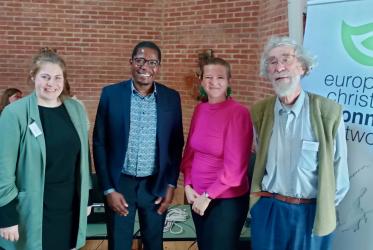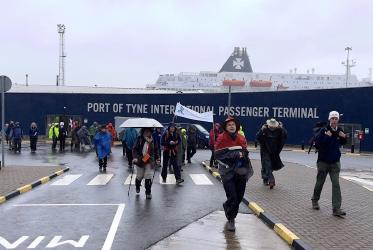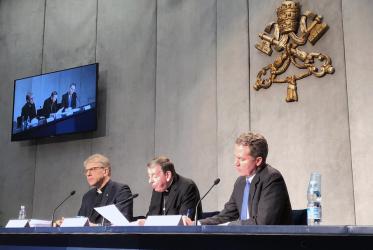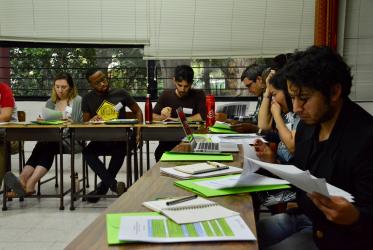Displaying 1 - 20 of 55
Greenland’s grand Gospel preacher
07 February 2020
A humble servant in God’s herd
10 July 2019
“There are no spare parts for whales”
13 June 2019
Interfaith Rainforest Initiative expands
12 February 2019
WCC Eco-School encourages youth to become eco-ambassadors
08 November 2018
What difference does dressing in black make?
02 August 2018













